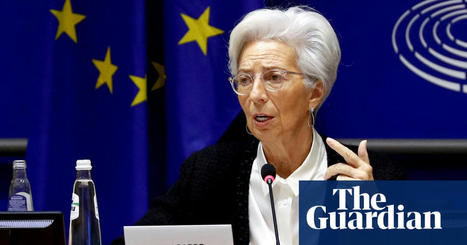The risk is more pain for consumers now if it tries to avoid inflation worsening in the future.
Research and publish the best content.
Get Started for FREE
Sign up with Facebook Sign up with X
I don't have a Facebook or a X account
Already have an account: Login
A collection of articles relating to the 'international' elements of Economics and relating to IB, Pre-U and A-Level Economics.
Curated by
Graham Watson
 Your new post is loading... Your new post is loading...
 Your new post is loading... Your new post is loading...
|
|














There's not much theory here, apart, perhaps from some reflection on whether higher benefit payments or public sector pay deals might stoke a wage-price spiral, both of which strike me as slightly peculiar arguments if you're prepared to allow private sector and executive pay to keep pace (or exceed) inflation.
However, you might reflect on what the government can do to control inflation as the MPC meets this week, and many see another interest rate rise as inevitable. Of course, David Blanchflower has been on the Today programme this morning advocating a rate cut - but he's known to be a contrarian.